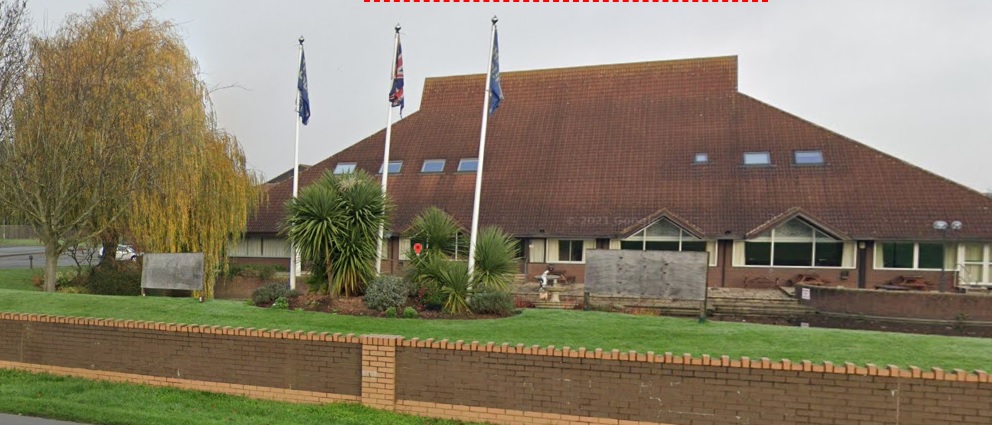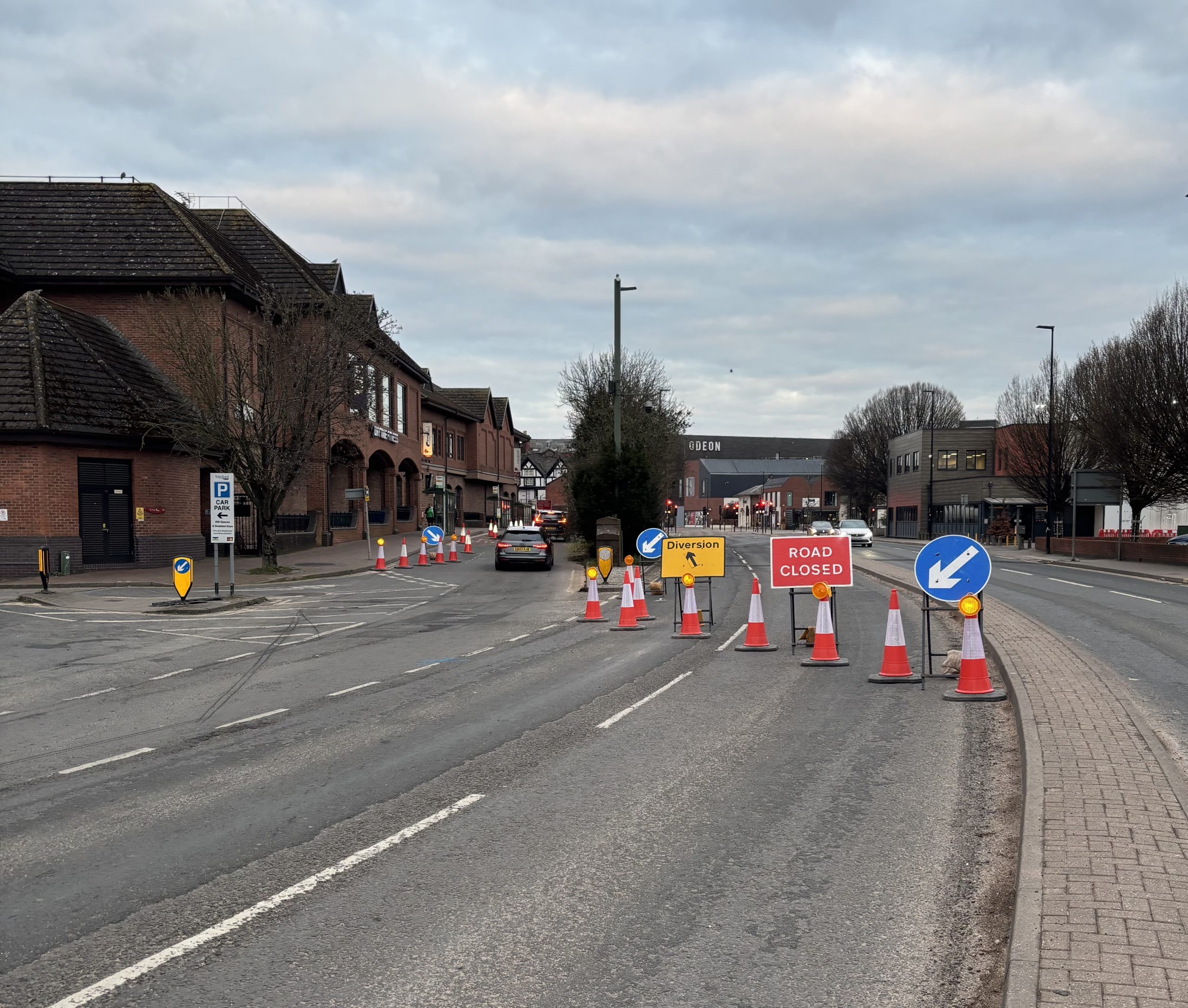Herefordshire Council has provided answers to some questions related to the housing of asylum seekers at the Three Counties Hotel.
Why have asylum seekers been placed in the hotel?
The Home Office recently told us that they intended to use the Three Counties Hotel as temporary accommodation for people awaiting the outcome of their asylum application. This is due to the number of boats that cross the English Channel continuing to rise.
The use of hotels is happening across the country and not just in Herefordshire.
This provision will be managed by a Home Office contractor called Serco.
Was Herefordshire Council asked if the hotel could be used for this?
No. The Home Office makes the decision on which properties are used.
Is the council receiving any funding for this?
No. The council receives no funding for this.
Will other hotels in Herefordshire be used?
The Home Office has told us that they have no plans to use further hotels in Herefordshire.
Will the people being accommodated be single persons or families?
We do not have this information, it is held by the Home Office. Whoever stays at the hotel is based on need and pressures in the asylum system.
How long will they remain in Herefordshire?
At the moment, we do not known how long the hotel will be used but the Home Office has signed a 12 month contract with the owners. People will move out as their applications for asylum are progressed. This means that the people staying in the hotel will change over time.
Will the people have access to local health services?
Yes, they will be able to access local health services in the same way as any person visiting Herefordshire on a temporary basis would do.
Will school-age asylum seekers be placed in local schools?
Were children to be placed in Herefordshire, they would be given access to education. This could be through attendance at local schools and colleges or through other ways depending upon the needs of those placed here.
What additional security has been put in place?
Serco are providing staff to ensure 24-hour on-site security cover, seven days a week but people living in the hotel are free to leave the hotel, they are not detained there.
What is being done to ensure their behaviour inside and outside the hotel?
Serco has a manager on site and we are in daily contact with them. Any concerns about anti-social behaviour will be reported to the police and they will deal with any reports or concerns as they would normally do.
Any concerns about noise and anti-social behaviour from the hotel should be emailed to refugeesupport@herefordshire.gov.uk where it will be raised with the hotel and relevant partners.
If you have a crime to report, please contact the Police in the usual ways by either calling 101 or using their online reporting form. Only use 999 if you or someone else is in immediate danger or if the crime is happening right now.
If you have any questions about the provision of the hotel, please contact the Home Office by emailing public.enquiries@homeoffice.gov.uk or calling 020 7035 4848.
How long will the asylum seekers have been in the country and where will they have come from?
We do not know this, and the Home Office does not comment on individual cases.
Some of the asylum seekers may be newly arrived in the UK and others may have been in the UK for some time whilst awaiting a decision on their asylum claim.
The number of refugees and people seeking asylum goes up and down, depending on what is happening in the world. Conflict in several countries has swelled recent figures, for example.
Most asylum seekers flee over their nearest border, where they are likely to live in camps.
Asylum seekers come from many parts of the world. Government statistics suggest that for the year ending September 2021 highest numbers came from Iran, Eritrea, Albania, Iraq and Syria. The nationality of those residing at the hotel will therefore vary.
Can asylum seekers claim welfare benefits?
Asylum seekers are not able to claim welfare benefits, nor are they allowed to work.
Asylum seekers in hotel accommodation where food is provided, such as the Three Counties Hotel, currently receive just over £9 per person per week.
Why are most asylum seekers male?
They are not.
According to the United Nations High Commissioner for Refugees (UNHCR), women and girls make up about half of any asylum seeking, refugee or internally displaced population.
However, women and children may be left in refugee camps in neighbouring countries while the men leave the camp to take the risky and often deadly trip to another country.
Families that travel together in a big group have a harder time with the logistics. Women and children are also at much higher risk of sexual abuse, violence and exploitation by traffickers and organised criminal gangs on the route. Therefore, families may stay behind and wait until the men have applied for asylum and the rest of their family will then follow in a much safer way. This is often facilitated by the British Red Cross.
Why don’t asylum seekers stay in the first safe country?
Most do stay in the first safe country. 80% of the world’s asylum seekers and refugees are living in countries neighbouring their country of origin.
The number one reason that asylum seekers give for continuing their journey to the UK is that they have family ties here. This covers over 50% of cases. Other factors that people will take into account are more practical, for example, if you speak the language, you have more chance of being able to find a job and you can navigate everyday tasks like understanding public transport or going shopping.
It is also not uncommon for asylum seekers to also state their belief that the UK is a safe, tolerant and democratic country and refer to previous links between their own country and the UK.
There is no legal requirement for an asylum seeker to make their claim in any particular country.
What about bogus/illegal asylum seekers?
There is no such thing as an ‘illegal’ or ‘bogus’ asylum seeker.
Under international law, anyone has the right to apply for asylum in any country, that has signed the 1951 Convention Relating to the Status of Refugees, and to remain there until the authorities have assessed their claim.
It is a legal process.



